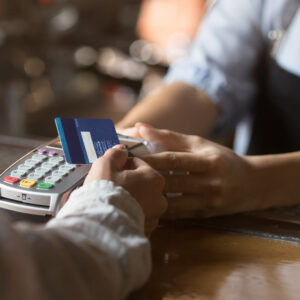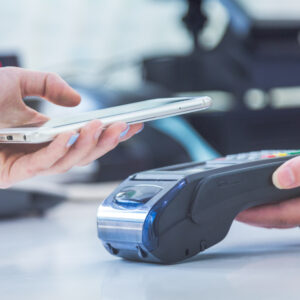In the fast-moving world of digital payments, businesses rely on the behind-the-scenes functionality of payment processors. These key services enable smooth, secure transactions, allowing buyers and sellers to exchange value efficiently and safely.
What Is a Payment Processor?
A payment processor is the engine behind electronic transactions. When a customer makes a purchase, the processor ensures that funds are securely transferred from the buyer’s account to the merchant’s account. This process, though often invisible, involves a series of steps that connect various financial institutions to ensure payments are made seamlessly.
Types of Payment Processors
Payment processors generally fall into two categories:
Traditional Payment Processors
Typically banks and legacy financial institutions. While they offer comprehensive services, they may have longer setup times and higher fees, often best suited for large, established businesses.
Alternative Payment Processors
More agile solutions, like online-first providers, cater to startups and small businesses. They enable fast setups and affordable fees, offering a solution for businesses looking to begin accepting payments quickly without complex banking relationships.
For instance, we worked with a small business owner running an artisanal bakery. They initially struggled with high processing fees through their bank’s traditional payment processing system, which also delayed fund settlements by several days. Switching to an alternative processor drastically cut their fees, and they were able to receive payments the next business day. That change allowed them to manage cash flow more effectively, especially during busy seasons.
How the Transaction Process Works
Understanding the role of a payment processor requires insight into the flow of a transaction:
- Initiation: A customer decides to purchase, enters their payment details, and submits the order.
- Authorization: The payment processor requests authorization from the customer’s bank, ensuring there are enough funds to complete the transaction.
- Verification: The bank verifies details, checking for potential fraud alerts or other red flags.
- Settlement: Once authorized and verified, funds are transferred from the buyer’s account to the merchant’s account.
- Confirmation: Both buyer and merchant receive confirmation, completing the transaction.
Ensuring Security in Every Transaction
Security is paramount in any transaction. Payment processors incorporate multiple layers of protection:
Encryption
This ensures that sensitive data, like credit card numbers, are protected during transmission.
Tokenization
Processors often replace sensitive card information with a token to further secure the transaction.
Fraud Detection
Advanced fraud detection systems analyze patterns and alert merchants to potentially fraudulent transactions, helping businesses like a local fitness studio protect against unauthorized payments when new clients sign up for subscriptions.
Benefits for Businesses
Businesses that rely on payment processors enjoy several key advantages:
Streamlined Transactions
Automated payment systems reduce the need for manual processing, allowing businesses to focus on their core operations.
Diverse Payment Options
From credit cards to mobile wallets, businesses can offer multiple payment methods to their customers. For example, a boutique clothing store might accept Apple Pay, offering a convenient option to tech-savvy shoppers.
Improved Cash Flow
Faster settlement times help businesses manage cash flow more effectively, ensuring they aren’t waiting days for revenue to hit their accounts.
Analytics & Reporting
Many processors provide valuable insights into transaction patterns, helping businesses optimize their marketing and inventory strategies.
Challenges in Payment Processing
Regulatory Compliance
Staying compliant with regulations like PCI DSS and anti-money laundering laws requires constant vigilance.
Technological Changes
Payment processing companies must keep pace with evolving technologies like blockchain or AI-driven fraud detection systems to stay relevant and secure.
For instance, a mid-sized eCommerce platform might need to regularly update its software to ensure compliance with evolving security standards, balancing innovation with regulatory demands.
In Conclusion
As digital payments become increasingly central to our everyday lives, the role of payment processors will only continue to grow in importance. These systems don’t just facilitate transactions—they provide security, streamline processes, and offer businesses valuable insights to improve operations. Whether you’re a small startup or a well-established company, choosing the right payment processor can make a significant difference. By keeping up with technological advancements and adapting to evolving market needs, businesses can stay competitive and ensure their customers have seamless, secure payment experiences every time.




